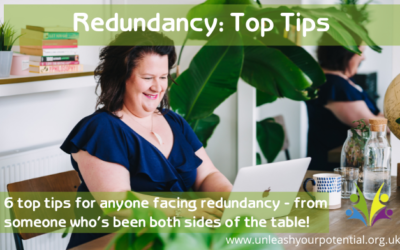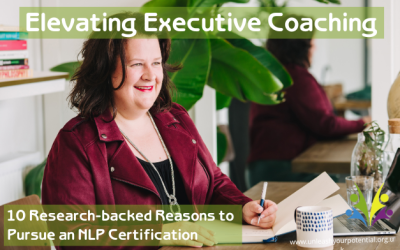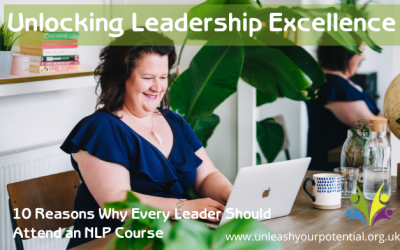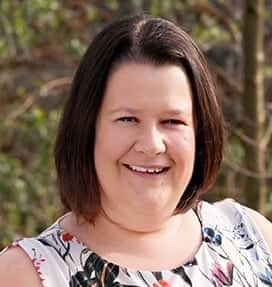“The pessimist sees difficulty in every opportunity. The optimist sees the opportunity in every difficulty “– Winston Churchill
An optimist, when faced with a problem, tends to find the upside to the situation and starts figuring out ways to solve that problem, or ways to turn it around. A pessimist, however, immediately throws up his hands, and yells, “That’s it; it’s all over. I can’t handle this anymore.” Or he will distance himself from the problem, pretending it doesn’t matter. This is denial, and it never works.
According to the world’s foremost expert on optimism, Dr. Martin Seligman, everyone is born optimistic. However 95% of grownups are pessimists, not optimists. What goes wrong? Some people see the glass as half empty. Others see it as half full. But is it really as simple as that? Is it possible to be a bit of both?
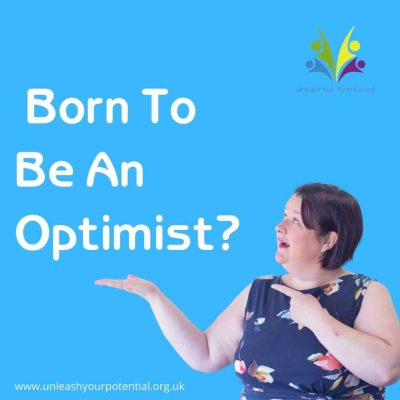
When you think about it, most people tend to be an optimist sometimes and a pessimist other times. Ironically, a lot of times things turn out according to how we feel about the situation (in NLP we say there are no unresourceful people only unresourceful emotional states). If a person feels like something will go well or feels optimistic about it, it usually seems to go well. The same is true of the reverse. When someone feels like something will go badly, it tends to do just that. In NLP we talk about how ‘where focus goes energy flows’ and ‘what you focus on you get’. We also talk about how your beliefs are not true, yet you act as if they are and they become a self fulfilling prophecy. If you’re feeling pessimistic and believe “I’m not good enough to do that” your behaviour and actions follow your focus or where you’re putting your attention (find out more about beliefs in the 3 part video mini series I created HERE).
How do I know if I’m an Optimist?
Often the pessimist comes across reguarly as (and feels) helpless, powerless and it shows in their response to situations, things and people. The optimist is making a conscious choice on the other hand, not just reacting. In NLP we have something called Modal Operators. These are words that indicate if someone is operating from possibility, impossibility or necessity. The Optimists will often come from ‘possibility’ (I can, I will, it’s possible etc). The Pessimist often comes from ‘impossibility’ (I can’t, I won’t, it’s impossible etc), or ‘necessity’ (I have to, I need to, I should etc). Notice how all these words make you feel – the possibility words feel loads better, don’t they?
An optimist prefers to think more positively. They focus on what they really want, not what might happen to them if things go wrong (they won’t let it if at all possible because they’re focused on finding a way).
Think about the following statements:
- Optimists achieve their goals because they never give up
- Optimists attract success naturally
- Optimists are happier, healthier and more energetic than pessimists
- Optimists are easier to be around, inspiring people around to be positive
- Optimists live longer and suffer from fewer and less severe diseases
- Besides the above, optimists lead higher quality of life.
These are all probably true just by the fact that optimists’ positive thinking makes challenging situations “not that bad” after all.
Being Optimistic is a choice ….
Now true optimism is not sitting back, thinking positive thoughts and hoping everything will turn out all right. It’s how you see the world, positively rather than negatively. You face each situation, each problem, and each occasion with a positive attitude; and you always look forward to the “benefits” you will derive from it. You have a choice. “Change your thoughts and change your world,” said Norman Vincent Peale. What it comes down to is that your attitude is a conscious choice. If you choose pessimism, you’re choosing to see the down side of every situation, judge people unfairly, and live unhappily the rest of your life. What an oppressive existence!
On the other hand, if you choose optimism, you’re empowering yourself to see the positive side of each challenge, seeing the good in people, helping them to see the good in life too. Taking action to further improve your own life, and living happily with friends and family who care about you. Choosing to be more optimistic and positive does not mean you won’t encounter difficult times, trauma, loss and many challenges. What it does mean is that you will have more power on your side to help you through those tough times. You’ll bounce back faster and make better choices, rather than letting life just wash over you. You’ll learn to be proactive, instead of reactive.
What if I’m not naturally Optimistic?
If you’re not naturally optimistic and positive, don’t worry. You can learn how to use your thoughts to change your attitude and emotions. It won’t be easy on your own. Some days will be very challenging, but you can do it. Improving your optimism rates is one of the most important actions you can take to improve your life. It only comes more automatically when you change things at the unconscious level (which is what we do with NLP – it’s like a software update on your computer or a factory reset). Doing it on your own takes effort. You will need to become consciously awareness of your thoughts and feelings and then act on that awareness. It is possible, but it will take time and persistence (and a lot of will power – but it is possible).
What should you do?
Each time you think a negative thought, stop right there and turn it around to find the positive aspect of the situation (if you can, find two positives for each negative you find). Do this each time and build on it. Practice your ‘positive thinking’ and your ‘positive feeling’. Give yourself permission to think new thoughts and feel new feelings. I know you can be as optimistic – now you need to believe it to!
The other option is you consider coming on our NLP Practitioner course where I can help you change the auto-pilot of your unconscious mind. This means you don’t need to remember to be optimistic consciously – we can make changes so you start to take steps to believing, thinking, feeling, being and acting in a new way! Sound good? – hit the contact us button to find out more!
So for now, what I would say to you? … Be Optimistic! Expect the best out of life! Think and Act Optimistically.
Recent Posts
Redundancy: 6 top tips for anyone impacted by redundancy
One thing you can guarantee with the world of business is that it's constantly changing. Whether it's mergers and acquisitions, downsizing, rationalisation, selling part or whole business units - big business is always changing it's organisational structures, looking...
Elevating Executive Coaching: 10 Research-Backed Reasons to Pursue an NLP Certification
In today's rapidly evolving business landscape, executive coaches play a crucial role in helping leaders unlock their full potential and drive organisational success. While executive coaching alone can be highly effective, combining it with Neuro-Linguistic...
Unlocking Leadership Excellence: 10 Reasons Why Every Leader Should Attend an NLP Course
Attending a Neuro-Linguistic Programming (NLP) course can be highly beneficial for leaders in various fields. To thrive in today's rapidly changing and competitive landscape, leaders must possess a diverse set of abilities to effectively navigate challenges and...

